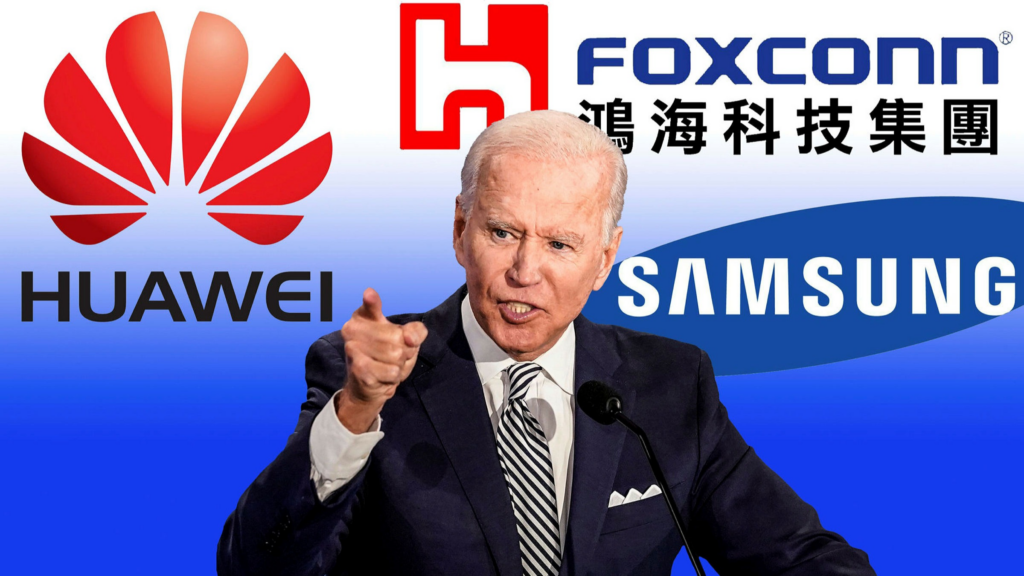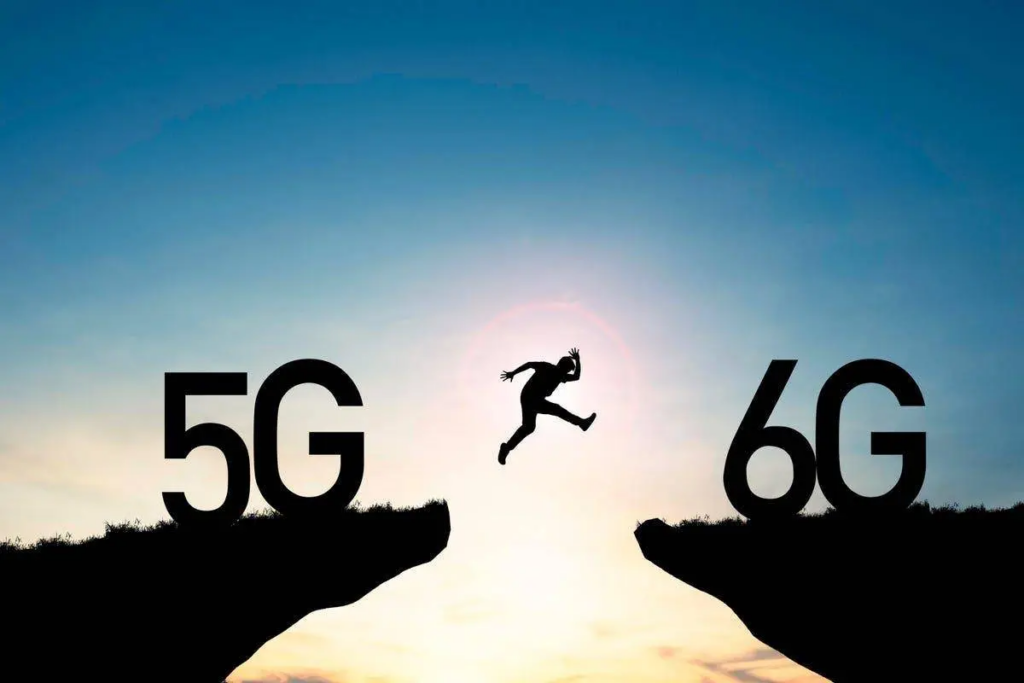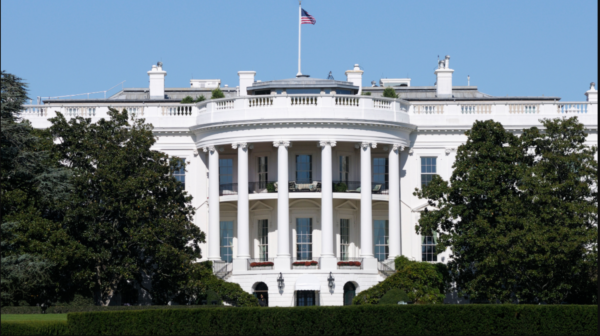The Biden administration appears to be preparing to develop 6G policy objectives. And administration officials are beginning to employ some well-known rallying chants.
According to the Wall Street Journal, during a press call this week, an unnamed senior administration official stated, “China has really prioritized its telecom sector, whereas I believe we have not.”
In addition, ignoring 6G would grant market dominance to “adversaries who have shown a willingness to provide the market by offering distorted incentives, so they can achieve their goals of compromising our security,” according to Cyberscooop.
If these arguments ring a chord, it’s because they’re virtually identical to the initial warnings against the Trump administration. Concerns about a “race to 5G” between the United States and China helped generate momentum in Washington, D.C., for the release of a vast array of highband and midband spectrum for 5G networks in the United States.

Trump’s accomplishments and Biden’s errors
Trump’s presidency was, to say it mildly, chaotic. Even within the domain of telecommunications policy, it was at best disorganized. However, the Trump administration was able to free up a substantial quantity of spectrum for 5G and enact regulations that make it easier for operators to construct 5G networks.
The same cannot be said for the administration of Joe Biden.
Biden’s administration has not even been able to add a fifth FCC commissioner nearly three years into his tenure. It has also not identified any additional spectrum for 5G auction. The Biden administration has failed to even restore the FCC’s auction authority. This extraordinary circumstance compels T-Mobile to plead for the 5G spectrum it already won at auction.
And now Biden’s focus has shifted to 6G? Perhaps his time would be better invested improving the 5G situation in the country.

6G technology and China
Alan Davidson, the NTIA official who has emerged as the Biden administration’s most active player in the US telecom industry, tweeted, “Even as 5G is being rolled out across the country, smart strategy demands we begin planning for 6G.”
Davidson supervises the distribution of approximately $100 billion in subsidies for US telecom networks and services (Biden’s crowning achievement in telecom policy). Additionally, he works to fund the development of open RAN technologies and AI regulations.

He is now concentrating on 6G.
However, what will 6G appear like? Presently, the technology exists primarily in vendor presentations. We are aware that it will likely occupy the “centimeter” frequencies between 7 and 20GHz. However, we do not yet know if it will utilize the same OFDMA frame structure as 5G.
From Biden’s perspective, we do know one thing about 6G: China is interested in this technology.
According to an unnamed senior Biden official cited by Cyberscoop, a Chinese dominance in 6G could give the country an advantage in spying, potentially allowing China to disrupt the communications of other nations (think Taiwan) during a conflict or crisis.
Thus, Biden appears to maintain Trump’s strong stance against China and Huawei in particular. This week, the US Department of Commerce’s Bureau of Industry and Security (BIS) announced that it had fined Seagate Technology $300 million for selling hard disk drives to Huawei of China.
Does this imply that the United States should develop 6G without China?
According to Cyberscoop, a senior Biden administration official stated, “If China is willing to work with us on this, we’re more than willing.”
Nevertheless, given the current trajectory of the Biden administration in telecom and geopolitical affairs in general, it seems unlikely that this will occur.

